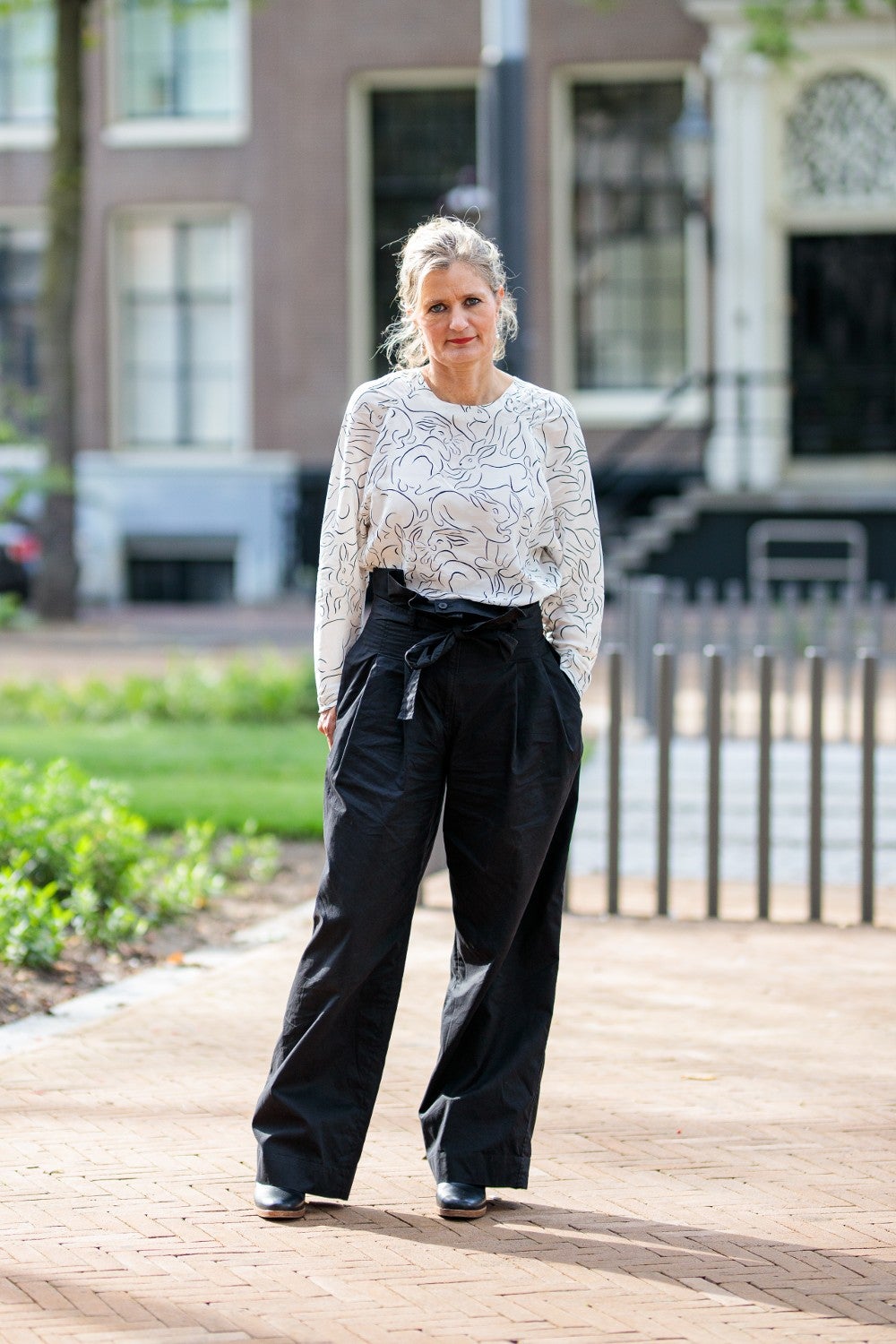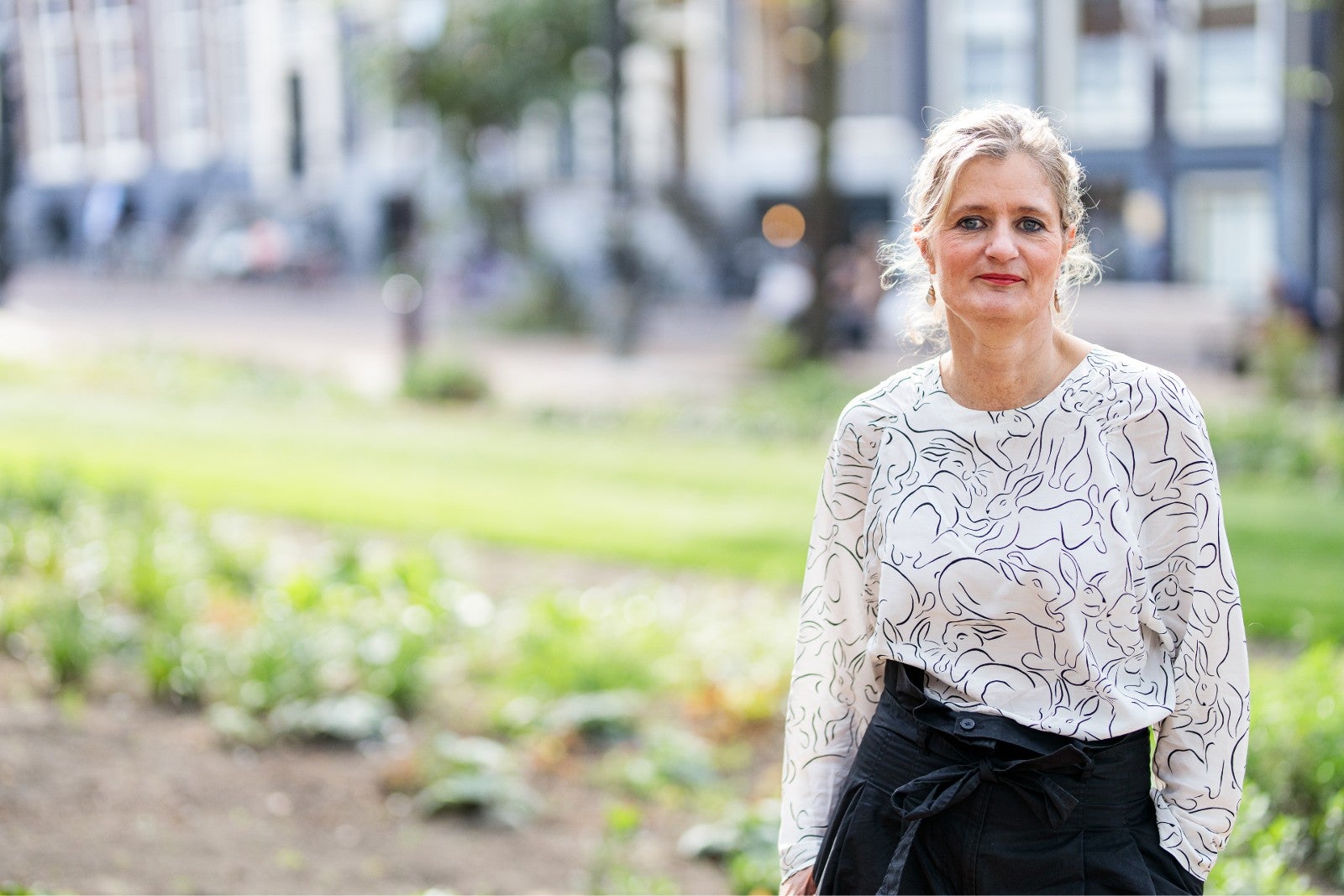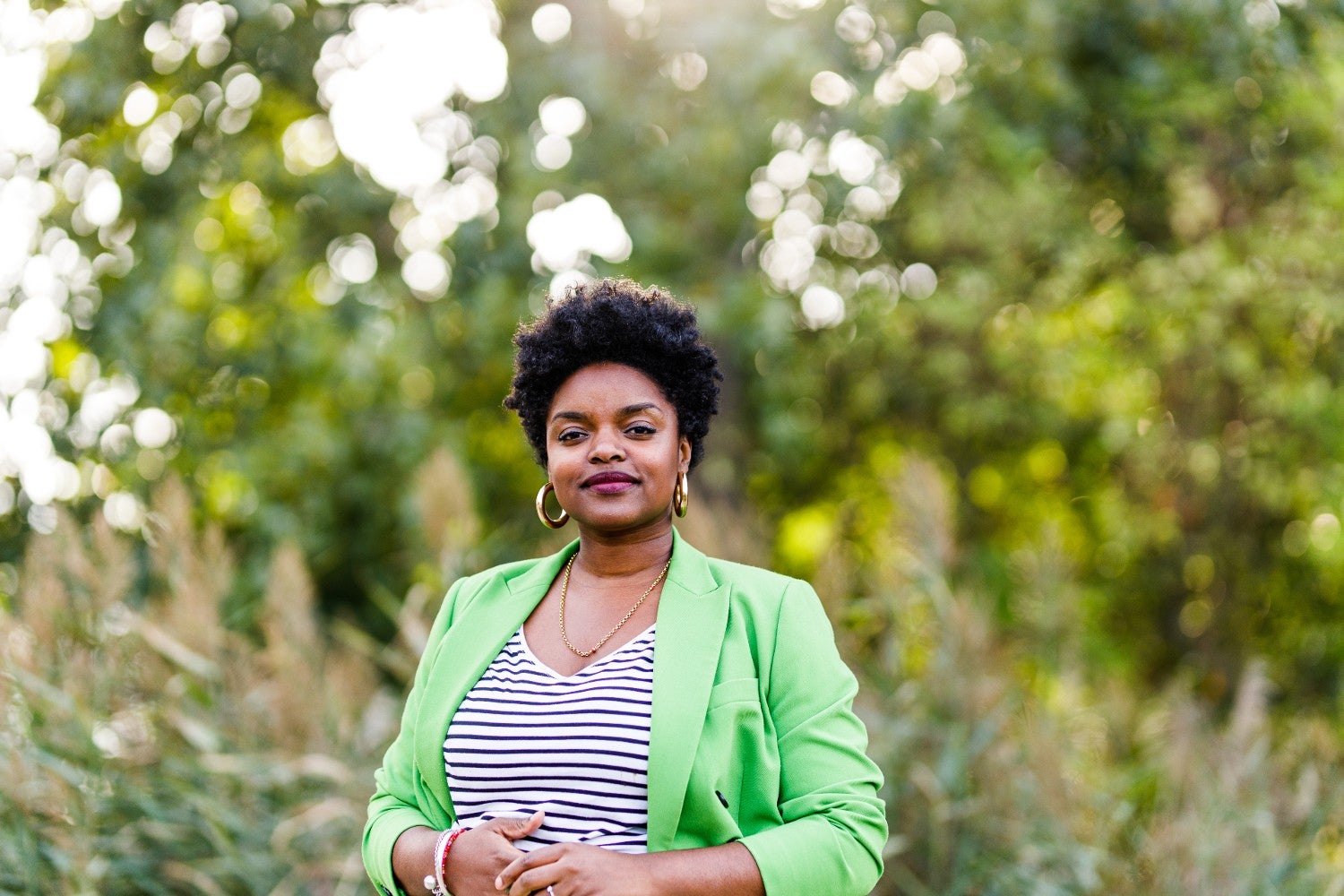According to VU professor of clinical psychology Marit Sijbrandij, large groups of refugees are experiencing new benefits following mental health care provided by ordinary people who have often fled themselves.
Sijbrandij has been researching the effects of traumatic experiences for over twenty years. Refugees from Ukraine are currently receiving ‘lay therapy’ provided in collaboration with VU Amsterdam.
Can you tell us something about your research into this type of therapy?
„This therapy, which is also known as Problem Management Plus (PM+), was developed by the World Health Organization for people in refugee camps and conflict zones. There is often a great need for psychologists in these areas, but they are very thin on the ground, if they are present at all. I encountered this therapy during one of my work visits and wondered whether we could use it to help the large group of Syrian refugees in the Netherlands."
„The unique thing about it is that after a week-long course, anyone can offer this treatment, whether or not they have psychological training. These are often ordinary people who also have a refugee background. The results are very positive: for example, the refugee can receive help in their own language without the need for an interpreter. We often hear from clients that people from the same culture or who have had similar experiences are much more familiar with what you deal with as a refugee."
What exactly does the method involve?
„The ‘helpers’ have a series of about five conversations with the client to identify all of the issues, and make a distinction between problems that can be solved and those that cannot. This could be anything, for example someone might be afraid to take their child to school, or feel lonely, and you can do something about problems like that. And while we can’t do anything about the fact that someone doesn’t know what their asylum status is yet, we can offer them relaxation exercises to deal with the stress."
„So problems are solved where possible, but just as importantly, people are empowered to take charge again. They literally get under way."
How does this study differ from previous similar methods?
„This is the first study into low-threshold intervention among refugees that we actually know is effective. Previous methods have either barely been tested or not at all. We followed a group of Syrian refugees for three months and compared the group who had received PM+ treatment with a control group. We did not know which group had received which treatment. We saw good results in terms of improvement from depression, anxiety, post-traumatic stress symptoms and general functioning."
„I have the feeling that a lot of people believe that refugees have been through so many bad things that they will never recover."
„It’s looking hopeful. I have the feeling that a lot of people believe that refugees have been through so many bad things that they will never recover. However we’re seeing that a small-scale intervention can provide a large group of people with the tools they need to deal with stress. And if you’re no longer reliving the things you’ve been through all the time, you also have more mental space to build a full life in the Netherlands."
Is it possible for things to go wrong due to the ‘helpers’ not having a medical background?
„All of the steps in the method are set out very precisely in a protocol, describing how you respond to questions or things people say. Sometimes helpers start giving people advice based on their own experience, or they tell the people they’re helping that they should pray a lot. You can't completely prevent this from happening. However, we train the people on how to behave as a caregiver, and what boundaries to place on the support they provide. They also receive two hours of supervision by psychologists each week."
Recently, there have regularly been groups of refugees sleeping outdoors in Ter Apel. Given your position, what is your view on this?
„This situation is extremely bad for the mental state of these people. They have often already experienced a great deal of trouble on their way to the Netherlands. Then they arrive here, thinking that their troubles are over, only to experience even more uncertainty and stress. I am very concerned about this issue. Refugees are entitled to proper mental health care."

Can the protocol be used to help refugees from any country?
„Basically yes, because we adapt the protocol to suit the culture. Many treatment methods are merely translated into other languages, but research has revealed that cultural adaptations increase their effectiveness. For example, the way Syrians talk about mental illness, the words they use, and what they find problematic and stigmatising are different to the way Ukrainians approach these things. Of course, we won’t be able to help everyone completely. There will always be exceptional cases in which someone needs more therapy."
Can you tell us a little about how this method is now being used for refugees from Ukraine?
„From VU Amsterdam, we have set up a network for refugees from Ukraine. Psychologists who have fled Ukraine themselves can help other refugees. They can’t work as psychologists in the Netherlands yet, but we have started to train the first of them, and they in turn will be able to train more ‘helpers’. We’re still in the early stages with this. Coincidentally, the protocol had already been translated into Ukrainian before the war broke out, which was a stroke of luck."








